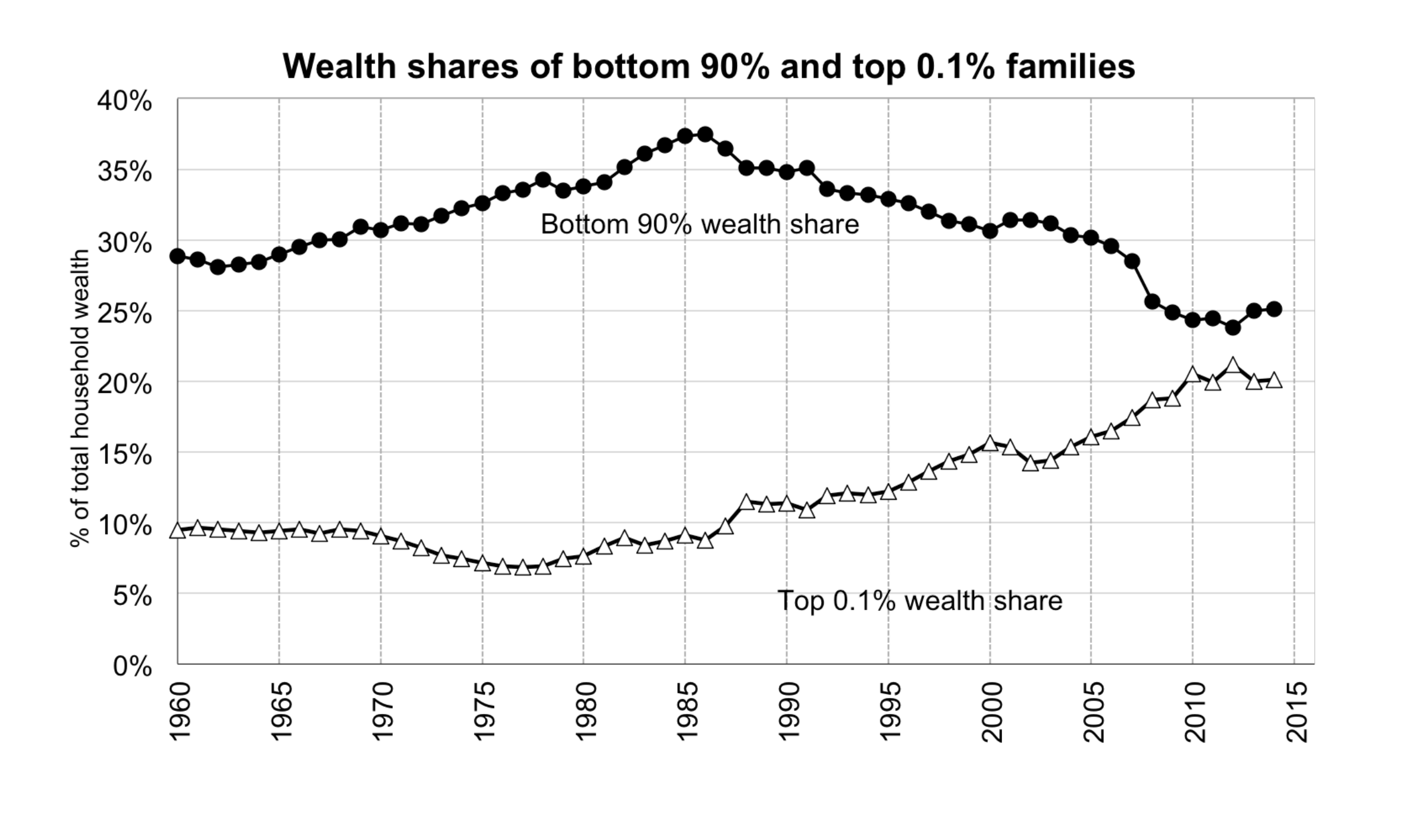jc456
Diamond Member
- Dec 18, 2013
- 138,579
- 28,816
- 2,180
You think employers create homelessness? That’s not logical. Explain how that works?Zero.What I did was own and operate a successful property rental and management business for 25 years.
How many businesses have you owned and operated?
How many people have you made homeless over those 25 years?





